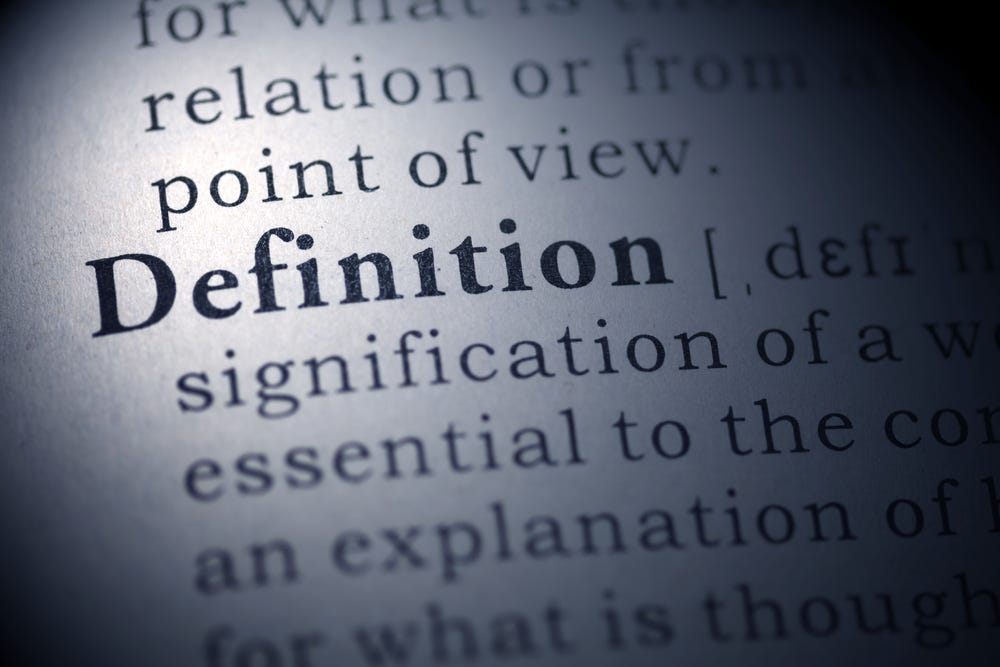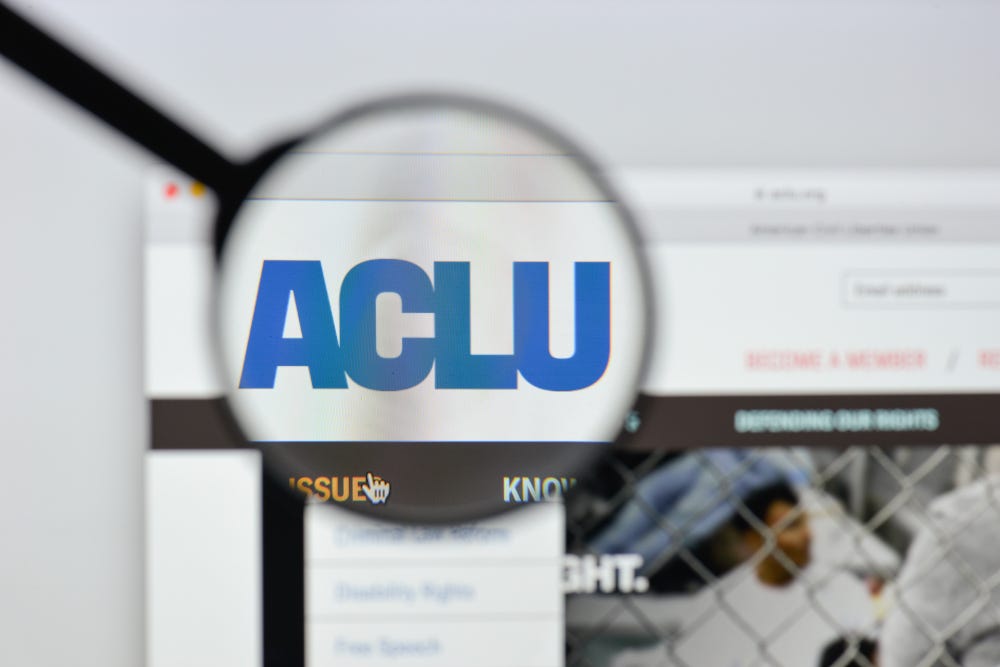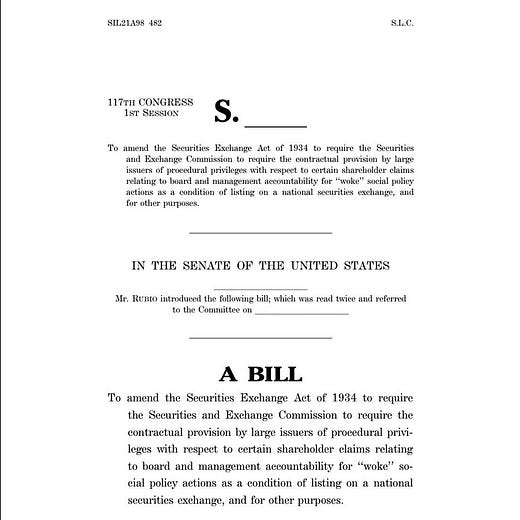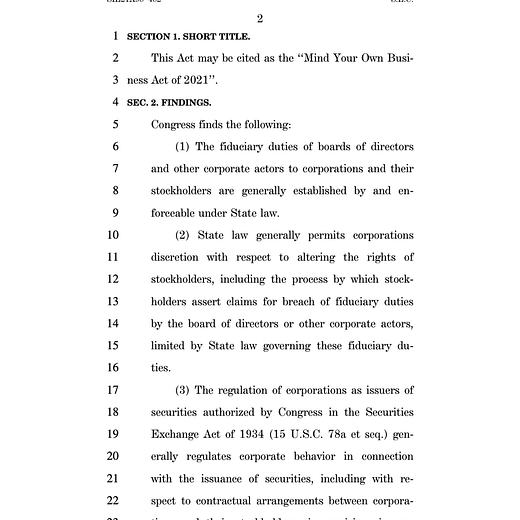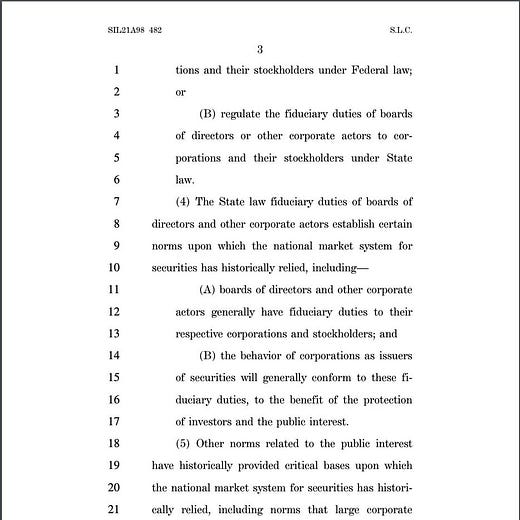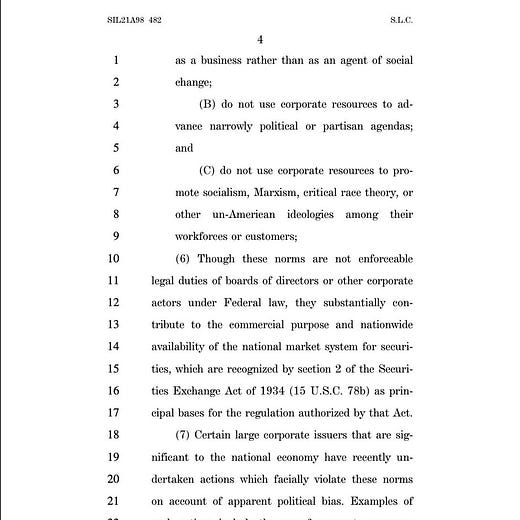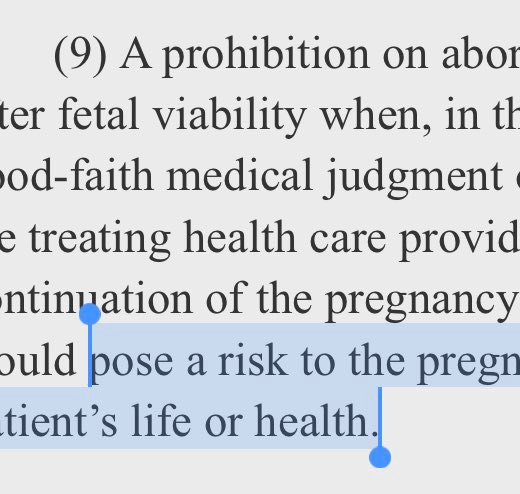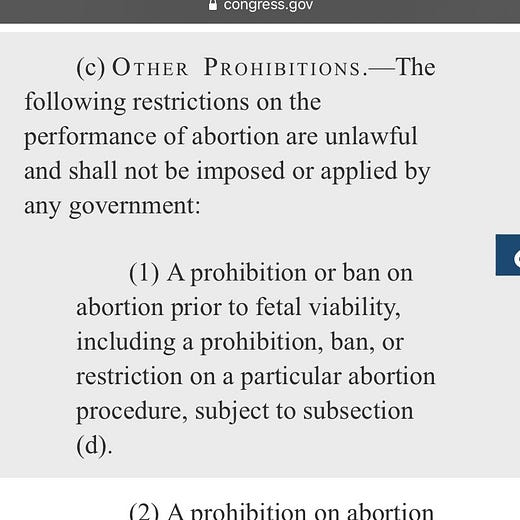E-Pluribus | September 24, 2021
The problem with agreeing on common definitions, the ACLU's Bill of Rights priorities, and "fixing" the woes of local journalism is not the federal government's business.
A round up of the latest and best writing and musings on the rise of illiberalism in the public discourse:
Berny Belvedere: Fighting Words
Pluribus has addressed the difficulties that poor or disparate definitions present to coherent dialogue and debate on any number of issues. At Belvyland on Arc Digital, Berny Belvedere explores why he believes common definitions are impossible for terms such as cancel culture and identity politics.
What happens is the broader discourse, being basically an arena of ideological conflict, a theater for the forever culture war, provides warring factions an opportunity to superimpose their preferred meaning onto terms in a way that suits their objectives.
This is how you get cancel culture being, for one side, a phenomenon whereby people’s access to platforms, livelihoods, and reputations are unjustifiably threatened, for another side, reactionary hysteria over mere cultural accountability, and for yet another side, the squirming unease felt by the socially privileged as they are increasingly divested of their cultural power.
Now, couldn’t we all just live and let live? Can’t Community 1 enjoy its own definition of the term and allow Community 2 to enjoy theirs?
No, our shared discourse environment won’t allow it. Community 1’s conceptualization of cancel culture is necessarily hostile—not in and of itself, but in the way it must exist within a context of rhetorical battle. It can at first appear as though the term has been given a perfectly neutral definition, but that only lasts until it gets used. Once it’s used, once it’s no longer suspended in the undefiled air of abstract expression and actually gets applied to specific situations, it is forced to show its teeth.
At that point, it becomes obvious why Community 1’s application of the term is inherently conflictual; at that point, the views and behaviors of the people who make up Community 2 have been implicated.
Usually, a term’s prominence in one subculture will prompt a rival subculture to offer either an eliminativist counterdefinition (“actually, x doesn’t exist”) or one that sees the original subculture as mostly to blame (“it exists but you’re actually the guilty party”). In other words, the alternative definition will either deny the existence of the thing altogether, or suggest that it’s actually the people originally uttering it who are most guilty of it.
Read it all.
Joe Lancaster: ACLU Thinks the Second Amendment Is a Threat to the First Amendment
While still convinced that the ACLU remains largely committed to its mission as a defender of civil liberties (not a universally held position), Joe Lancaster at Reason is concerned with the conflict the ACLU sees between the first and second amendments. Lancaster particularly finds the ACLU’s framing of the second amendment as a “collective right” troubling and irreconcilable with the fundamental Constitutional principles of individual rights.
The ACLU has been and continues to be a forthright defender of civil liberties in many situations, and a thorn in the side of presidential administrations of both political parties. At the same time, however, its defense of the Second Amendment has been rather lackluster. Even the organization's internal philosophy on the subject is, at best, muddled, ranging from an erstwhile recognition of an individual right while pressing for "reasonable" regulations, to its most recent claim that the Constitution affords "a collective right rather than an individual right." How a "collective" right can be achieved without a lot of people exercising an "individual" right is left unaddressed.
In recent years, the ACLU has evolved on the issue even more distressingly: In 2017, the Virginia ACLU sued on behalf of alt-right activist Jason Kessler when the city of Charlottesville, Virginia, would not allow him to hold his approved rally, dubbed "Unite the Right," in his preferred location. The ACLU won the suit, but the rally infamously devolved into violence, with dozens of injuries and one death. In the aftermath, a portion of the ACLU staff revolted, signing an open letter in which they decried the organization's "rigid stance" on defending the rights of the alt-right and white supremacists.
Read the whole thing.
Wall Street Journal Editors: A Democratic Dole for the Press
While the editors of the Wall Street Journal would no doubt take a backseat to no one in stressing the importance of the freedom of the press, they find one provision of the Democrats’ $3.5 trillion budget bill that ostensibly helps journalism troubling. Besides the problematic aspect of singling out the “public good” of journalism for special treatment, the WSJ editors argue that while local journalism may indeed be in need of revitalization, the federal government is no place to look for answers.
The “Payroll Credit for Compensation of Local News Journalists” offers print and digital publishers up to $50,000 a year for each journalist on staff. The tax credits are capped at 50% of each employee’s wage in the first year and drop to 30% thereafter. “Democracy depends on original reporting, and local newspapers are responsible for more than half of that,” Senate Finance Chairman Ron Wyden told the Seattle Times last week.
[…]
One basic question is why journalists deserve a subsidy more than, say, nurses or teachers? Both of those professions make contributions to the public good, and we wouldn’t want to do without either one.
Many local publications do essential work, covering city commerce and crime, schools and statehouses, and most are struggling financially. According to the Brookings Institution, more than 2,000 newspapers shut down or merged from 2004 to 2019 as advertising dollars—and readers—shifted online.
There’s no simple, or single, answer to the decline of local journalism. Nonprofits can play a role, and so can evolving business models that cover specific subjects. Some national publications have tried to support local coverage. It’s a local problem that will require mainly local entrepreneurial solutions.
Read it all here.
Around Twitter
Via Zaid Jilani and Andrew Sullivan, a peak behind the curtain at the Ford Foundation:
The GOP ramps up its conflict with “woke” corporations in a new piece of legislation from Marco Rubio, and Christopher Rufo is a big fan:
And finally, the Democrats “fixed” the text of their bill to protect abortion rights for “pregnant patient(s),” but retained “women” in the title, perhaps recognizing the limited appeal of woke language:




